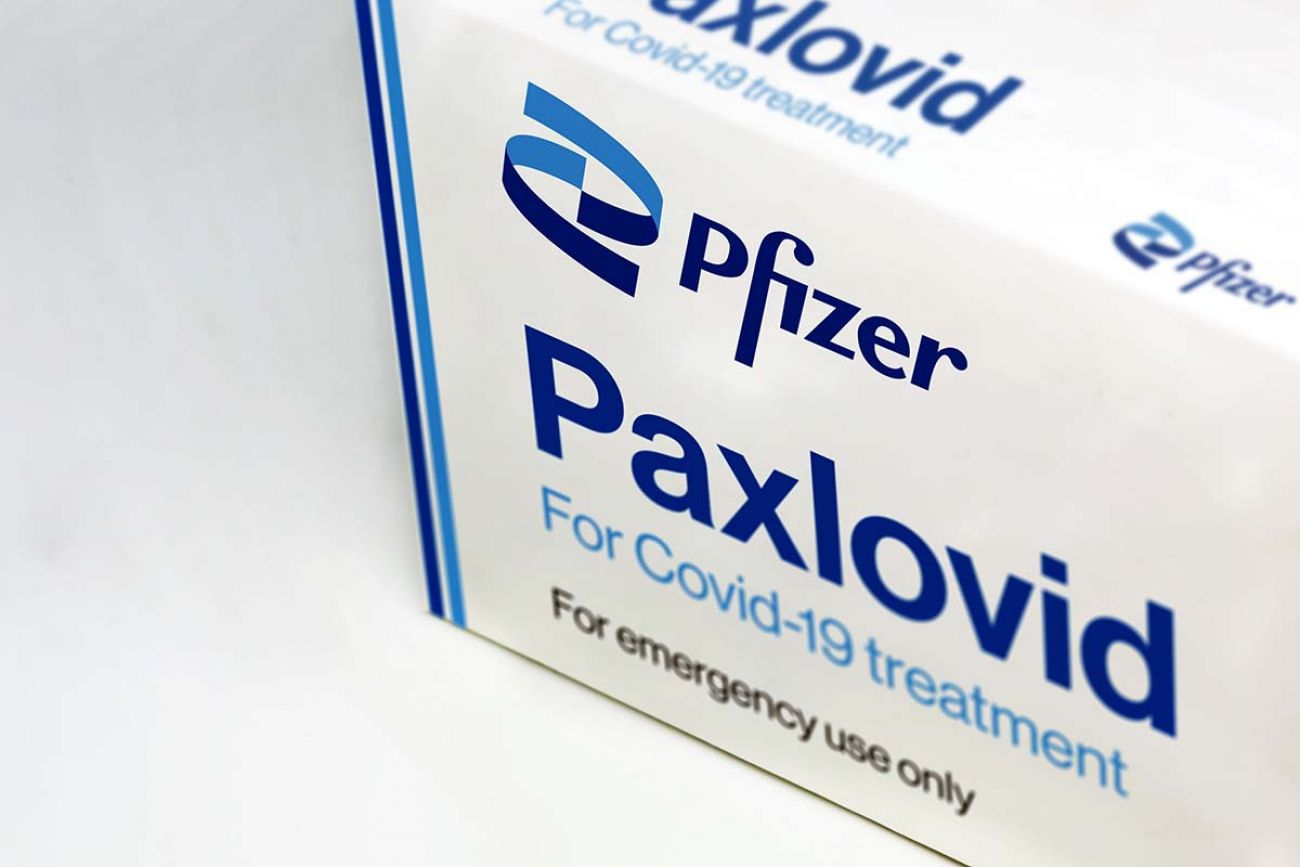Feds authorize ‘game-changer’ anti-COVID pill as omicron hits Michigan

Jan. 6, 2022: COVID treatment pills in Michigan. But only a few will get them, for now.
With the nation scrambling to blunt the spread of COVID, the U.S. Food and Drug Administration gave emergency authorization Wednesday to the first pill to fight the virus.
The prescription-only treatment, Paxlovid, is a combination of two tablets, nirmatrelvir and ritonavir, which work together to gum up and ultimately stop the virus’ ability to replicate.
It is authorized to treat mild-to-moderate COVID-19 in high-risk adults and children 12 and older and who weigh about 88 pounds or more. To qualify for the pill, individuals must be at high risk for progression to severe COVID-19, including hospitalization or death.
Related stories:
- Could COVID pills help turn the pandemic tide in Michigan?
- Monoclonal antibody treatment gains ground in Michigan’s COVID fight
The federal government has purchased 10 million treatments and will distribute them as soon as they are available, according to the White House.
The pill has been called a “game changer” and it could be an especially crucial tool as the highly transmissible omicron variant fuels a spike in cases in many areas of the nation.
In a study of the pill’s effectiveness by drugmaker Pfizer, patients received treatments within three days of COVID symptoms, taking the medication every 12 hours for five days. The treatment cut by 89 percent the odds of hospitalizations or death. Seven percent of patients who received a placebo were hospitalized or died, but fewer than 1 percent of patients (3 in 389) who received the drug were hospitalized, and none died, according to Pfizer.
The study, however, was conducted before omicron was detected. While Pfizer has said it’s likely the pill works against omicron, that remains to be seen with “real-time data,” said Dr. Mark Hamed, director of the emergency and hospitalist departments at McKenzie Health System in Michigan’s Thumb region and medical director for public health in several counties in that area.
Complicating matters, the pill is “so time-sensitive” in when it must be taken to be effective, he said.
“It will create a challenge for people if we have testing limitations. We could have this great medication, but give it too late to be effective,” said Hamed, who noted that COVID patients continue to fill hospitals in Michigan’s Thumb region.
The treatment works best the earlier it is taken within five days after the onset of symptoms, and should be taken within five days of symptom onset, according to the FDA.
It’s not clear to what extent, if any, the treatment is effective outside that window, said Dr. Jason Pogue, an infectious disease clinical pharmacist and professor of pharmacy at the University of Michigan.
“When you start to get into severe hospitalized patients — when they have COVID pneumonia or hypoxia — that's driven more by the inflammatory response,” he said. “You're (using the pill to try) to neutralize the virus before it gets to that point.”
But especially with recent news that monoclonal antibodies may be less effective against the omicron variant than they were with the delta variant, it may be that “our best bet, in addition to vaccinations, is the COVID pill,” Hamed said.
There’s also the logical advantage of the ease of use — the Pfizer pills can be taken at home, rather than the time-consuming intravenous infusion of monoclonal antibodies given at hospitals or clinics, he said.
Last month, Pfizer agreed to supply the U.S. government with 10 million treatment courses, but the drugmaker now says “continued investments” will allow it to boost production projections from 80 million to 120 million courses of treatment throughout 2022.
Eligibility criteria — based on which patients are considered high-risk — were not immediately available. But Hamed and Pogue said guidelines will likely be similar to criteria for monoclonal antibodies treatment, which are generally confined to people 65 and older, immunocompromised, obese or who have underlying medical conditions.
Another antiviral pill — by drugmakers Merck and Ridgeback Biotherapeutics — is under review by the FDA.
In testing, that pill appeared to cut the chance of severe COVID outcomes by about half, but now appears to be less effective than originally believed. The treatment is molnupiravir, named after Thor’s hammer.
The United Kingdom, which gave it conditional marketing authorization in November, purchased an additional 1.75 million courses of the drug, adding to its existing order of 480,000 treatment courses, Merck announced Wednesday. On the same day, however, France canceled its order.
See what new members are saying about why they donated to Bridge Michigan:
- “In order for this information to be accurate and unbiased it must be underwritten by its readers, not by special interests.” - Larry S.
- “Not many other media sources report on the topics Bridge does.” - Susan B.
- “Your journalism is outstanding and rare these days.” - Mark S.
If you want to ensure the future of nonpartisan, nonprofit Michigan journalism, please become a member today. You, too, will be asked why you donated and maybe we'll feature your quote next time!







